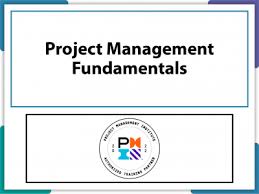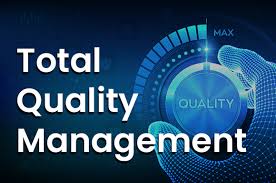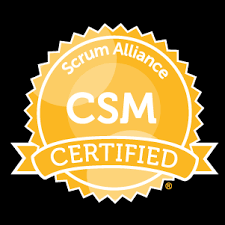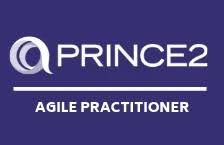An overview of the fundamental concepts and procedures of project management is provided in The Project Management Fundamentals training course. It offers the fundamental concepts and methods required to oversee projects or take part in project teams.
Course Objectives
After completing this course, you will be able to:
- Talk about the phases of the project management life cycle and the responsibilities of the project manager within each step.
- Enumerate and talk about fundamental project success criteria as well as typical project failure causes.
- Talk about how to assemble a capable project team.
- Enumerate and talk about a risk management plan’s components.
- Talk about methods for organizing and arranging project tasks, such as using the Network Logic Diagram and the Work Breakdown Structure.
- Determine the Critical Path to a project’s timely completion.
- Enumerate and talk about the costs that ought to be accounted for in a project budget.
- Talk about methods for adjusting for schedule and budget deviations.
- Talk about the essential components of reporting and communication tools for project management.
- Talk about important
Course Outline
The Project Management Life Cycle
- What is a Project?
- The Project Management Life Cycle
- The Role of the Project Manager
Setting Up For Success
- The Meaning of Success
- What Happens in the Initiation Phase
- Project Definition and Scope
- Putting Together a Statement of Work
- The Project Charter
- The Project Team
- The Teamwork Challenge
- Selecting Team Members
- The Team Charter
Risk Management
- Project Risk
Project Plans
- The Work Breakdown Structure Work Package Sequencing
The Project Schedule
- The Scheduling Process
- Time Estimates
The Project Budget
- What is a Budget?
- Creating a Preliminary Budget
- Budget and Schedule Balancing
Project Tracking And Control
- Moving the Project Forward
- Monitoring for Project Progress
- Earned Value Analysis
- Getting Back on Track
Project Reports
- Communications Overview.
- Project Performance Reports
- Project Change Requests
Project Close-Out
- Elements of Close-Out
- Evaluation of People and Projects
Course Prerequisites
It is not necessary for you to have any prior project management expertise or experience in order to apply for this course and guarantee your success.
Project managers and team members are the target audience for this training. Any professional who wants to learn about the fundamentals of project management will also find it useful.
Audience
- Project managers, IT project managers, project coordinators, team leaders, product managers, program managers, members of the project team, subject matter experts, analysts, stakeholders, and senior managers who wish to get more out of their project teams are among those who are involved in, or impacted by, projects or change management within an organization.
- Anybody in a position of leadership who would profit from learning about the principles and practices of project management
PDUS
You will earn the following PMI® Professional Development Units (PDUs) with this course:
• leadership=4.
• Business and Strategic Management = 3
• Technical Project Management = 14
21 in total.
FOLLOW-ON COURSES
In this training course, you’ll gain the essential preparation needed to pass the PMP and CAPM® exams. Concentrating on exam content from A Guide to the Project Management Body of Knowledge, (PMBOK® Guide) and other sources, this course includes a wide variety of learning tools and study aids, all using Project Management Institute (PMI)® terminology.
Overview
Through practical, real-world activities, learn project management principles and best practices. Assessing a project’s business case, determining stakeholders and how they relate to the project, gathering product requirements, and setting up quality measures to direct product development and periodically reevaluate the business case are all ways to make sure you are delivering business value. Establish a work breakdown structure to help the team define the project’s scope and specify the product scope to give clarity for project delivery.
Every endeavor begins with a concept. The task is to turn this concept into a well-thought-out project that will enable you to accomplish your goals.





